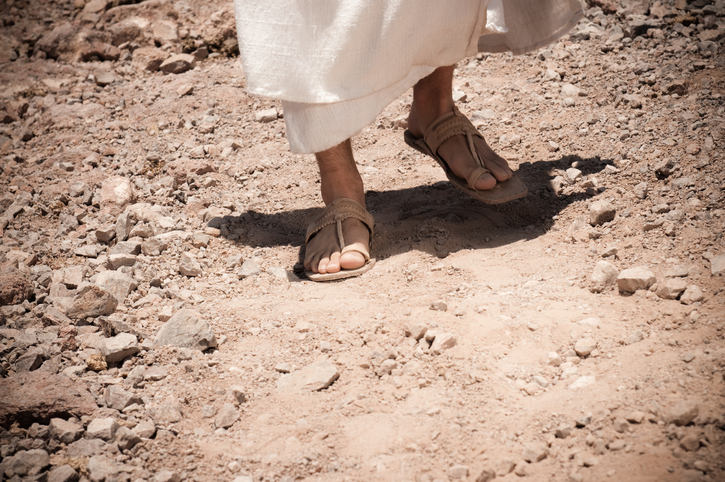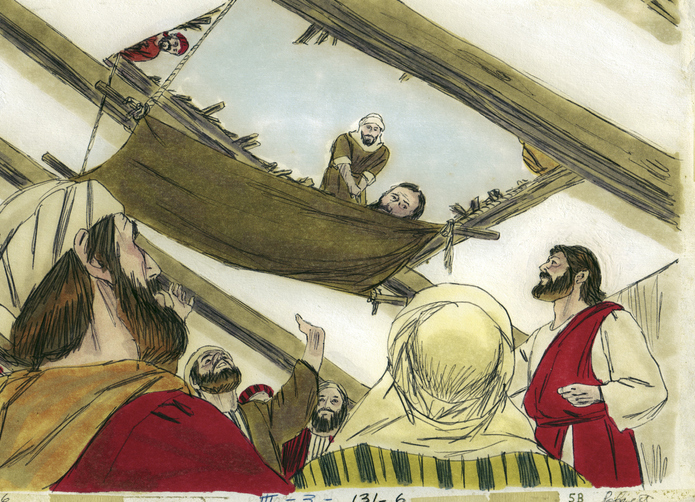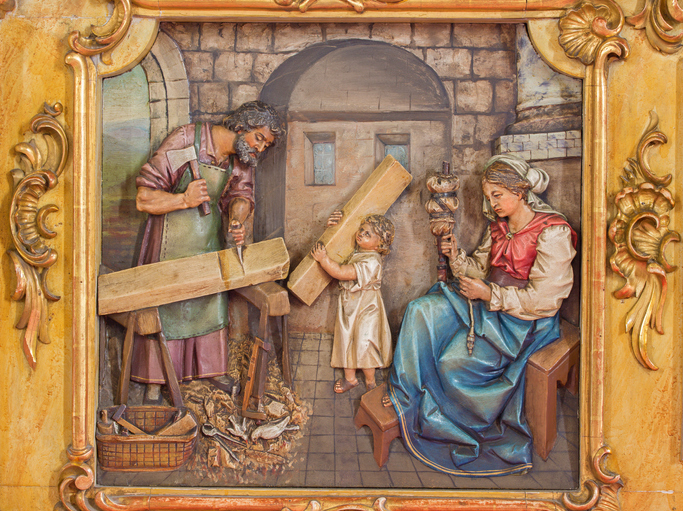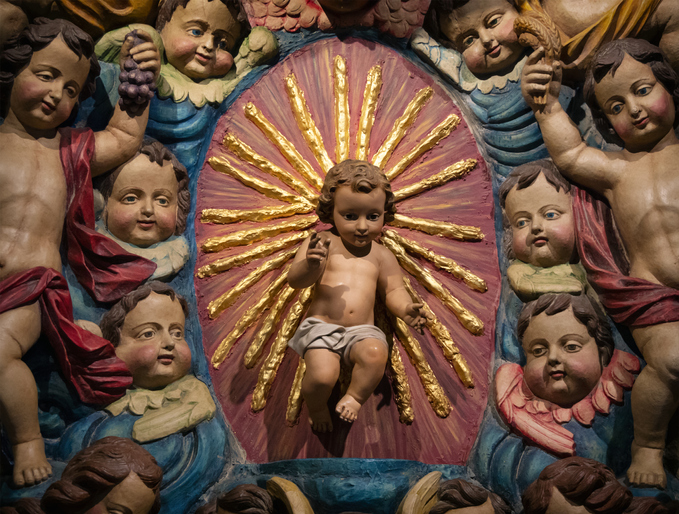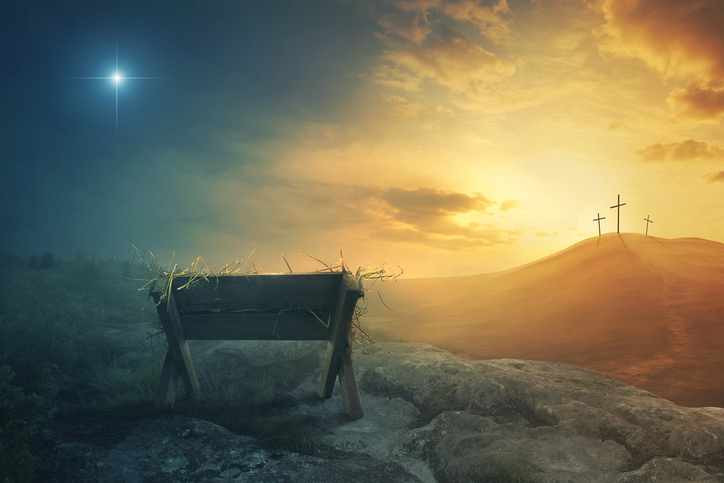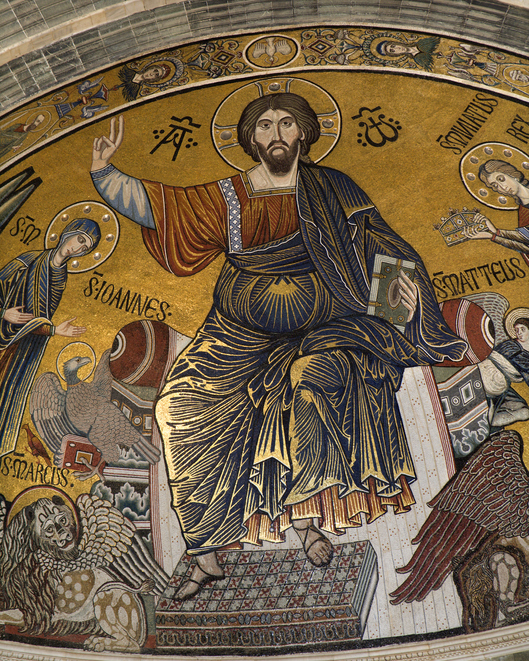At first, today’s Gospel seems like a straightforward story of Jesus healing another person, freeing him from demonic possession and telling him to go and share his personal good news. But that’s just the surface. If we look deeper, we see the whole human drama of good and evil and freedom with Christ.
Let’s look first at the power of evil. The man is clearly possessed, and St. Mark describes the seriousness of his situation in some detail, so there is no doubt. And yet the devil does not have complete control, ever! In this case, the man is forced to prostrate himself before Jesus, the enemy begging to be left alone. When it is clear that Jesus means to free the man, the enemy is not then freed to roam at will; he must ask Jesus’ permission to enter the herd of swine! While the devil works with angelic intelligence and strength (which is greater than human intelligence and strength!), he is not all-powerful; the enemy can only operate within the parameters set by God Himself.
Let’s look next at how narrow the human perspective can be. The people of the town, who can see only the external details, are more concerned about the loss of the swine than the welfare of the previously suffering man. Hearing “what had happened to the possessed man and to the swine,” they see only the loss and not the gain, and they “began to beg him to leave their district.”
Let’s look at how Jesus operates within this struggle of good and evil. Jesus has supreme authority and power to free and heal and command demons. But Jesus also respects the gift of free will God has given to humanity, and never forces himself on anyone. When the Gerasenes beg him to leave, he gets into the boat and leaves. Free will is a powerful gift; we are always free to send him away.
What about the possessed man? He wanted to remain with Jesus, but Jesus gave him another task. He directed him to share his testimony, to be a witness. And he did, to the amazement of all who heard him. The Lord entrusts his work to us who have been blessed by Him!
What about us? An examination is always in order:
Are there areas in our lives in which we see only the surface, and are unable to see deeply and appreciate what God is doing?
Are there circumstances in which we are counting the cost but missing the deeper spiritual benefits?
Are there places within us that we have “fenced off” from Jesus because we are afraid of what he might demand of us, or ask us to change?
Are we ready and willing to share what God has done in our own lives so that others can know Him better?
Lord, give us light and strength so that we can SEE DEEPLY and remain open to Your saving power!

Kathryn Mulderink, MA, is married to Robert, Station Manager for Holy Family Radio. Together they have seven children (including newly ordained Father Rob and seminarian Luke ;-), and two grandchildren. She is a Secular Discalced Carmelite and has published five books and many articles. Over the last 25 years, she has worked as a teacher, headmistress, catechist, Pastoral Associate, and DRE. Currently, she serves the Church as a writer and voice talent for Catholic Radio, by publishing and speaking, and by collaborating with the diocesan Office of Catechesis, various parishes, and other ministries to lead others to encounter Christ and engage their faith. Her website is https://www.kathryntherese.com/.
